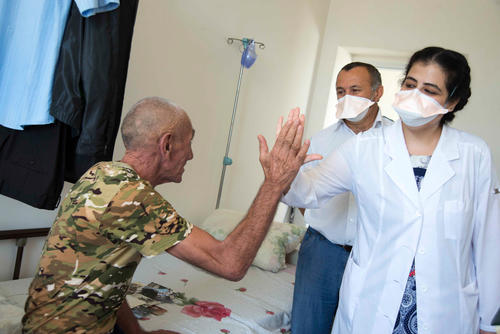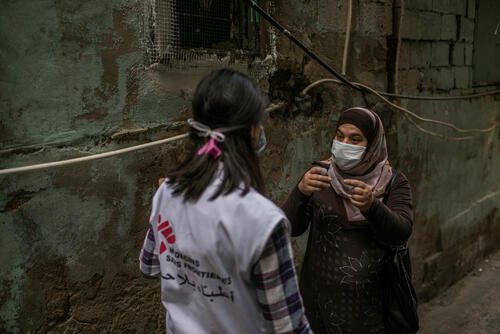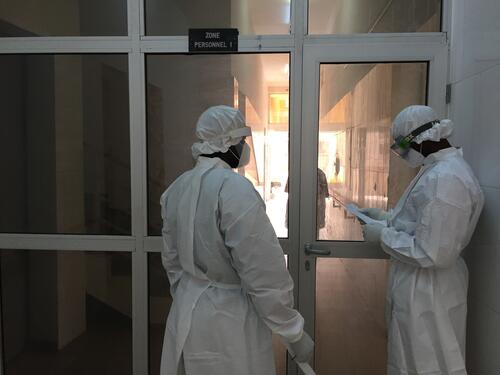In 2020, we wish for a world where medicines are not commodities or luxuries but where everyone has fair access to treatment to stay alive and healthy. Medicines shouldn’t be a luxury. We wish for change, not charity. These are the five things we wish for change this year and beyond.
1. Better TB treatment available to everyone in need
When MSF first started treating people with drug-resistant tuberculosis (TB), we only had older medicines that were not an effective cure for people with resistant forms of TB and caused severe side effects for patients.
Today, following years of advocacy alongside the TB community, we now have safer and better treatments to offer people with drug-resistant TB.
However, manufacturers have put such a high price tag on the individual medicines that make up the treatment combination that they aren’t affordable to everyone in need.
But these treatments were not developed by pharmaceutical corporations alone - they are the result of years of collaborative work by researchers, clinicians and health care providers, mostly funded publicly.
Yet decisions over price and access remain in the control of the drug corporations, leaving many people with TB shut out of lifesaving treatment.
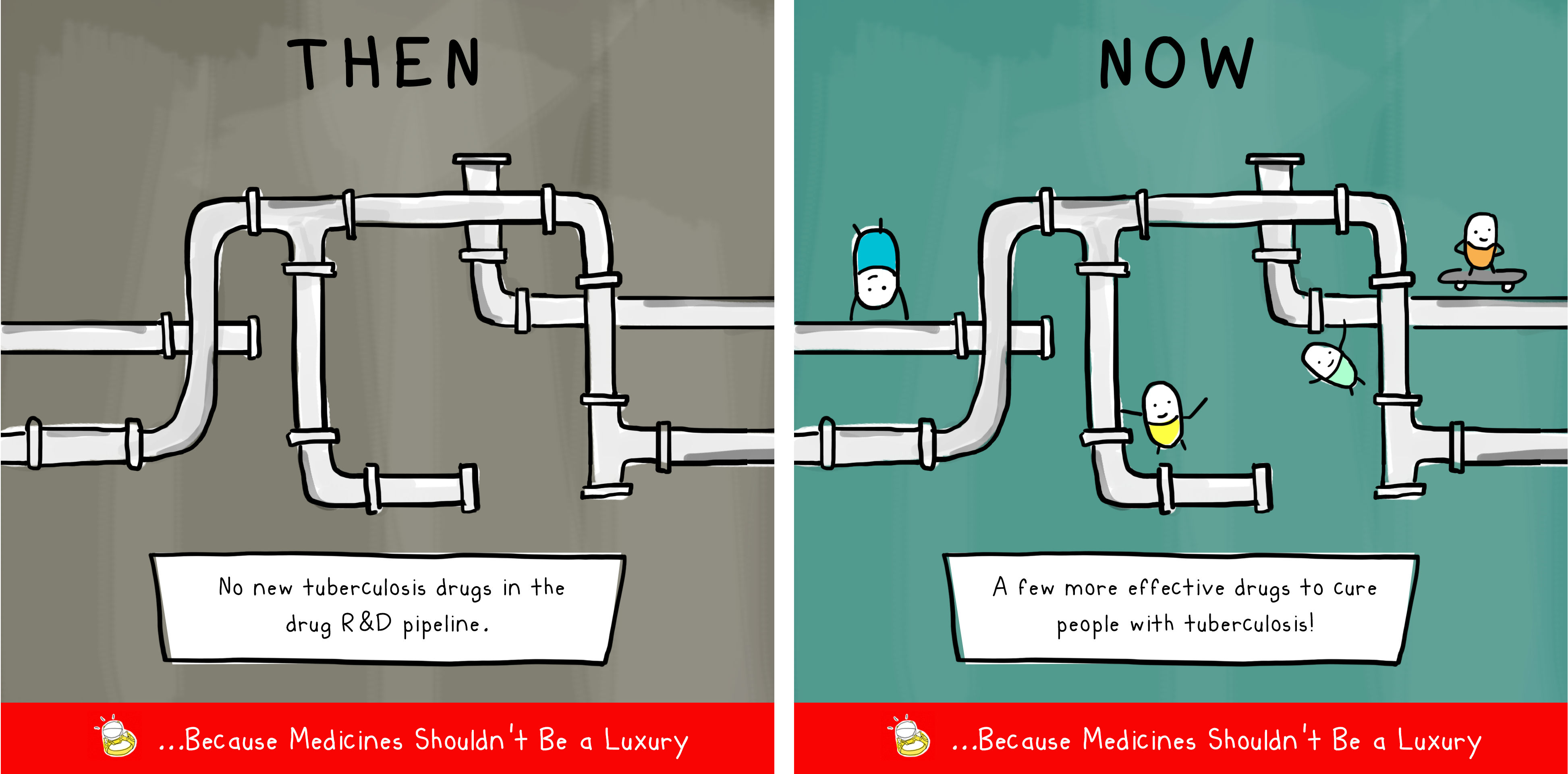
We wish
In 2020, we are determined to assert our right, in recognition of the multiple contributors involved, to have a say in who gets access to the new TB treatments. Public Pay->Public Say!
2. Make insulin affordable again
The scientists who discovered insulin, used to treat diabetes, exactly 100 years ago were given the Nobel Prize for Medicine, not just for their discovery, but because they chose to sell the rights to the medicine for just US$1, in the spirit of making insulin accessible to everyone in need.
But over the past century, three corporations moved in to dominate the insulin market almost exclusively and they have abused their monopoly position to drive up prices in some countries, year after year. Today, more than half the people who need the medicine can’t actually get it.
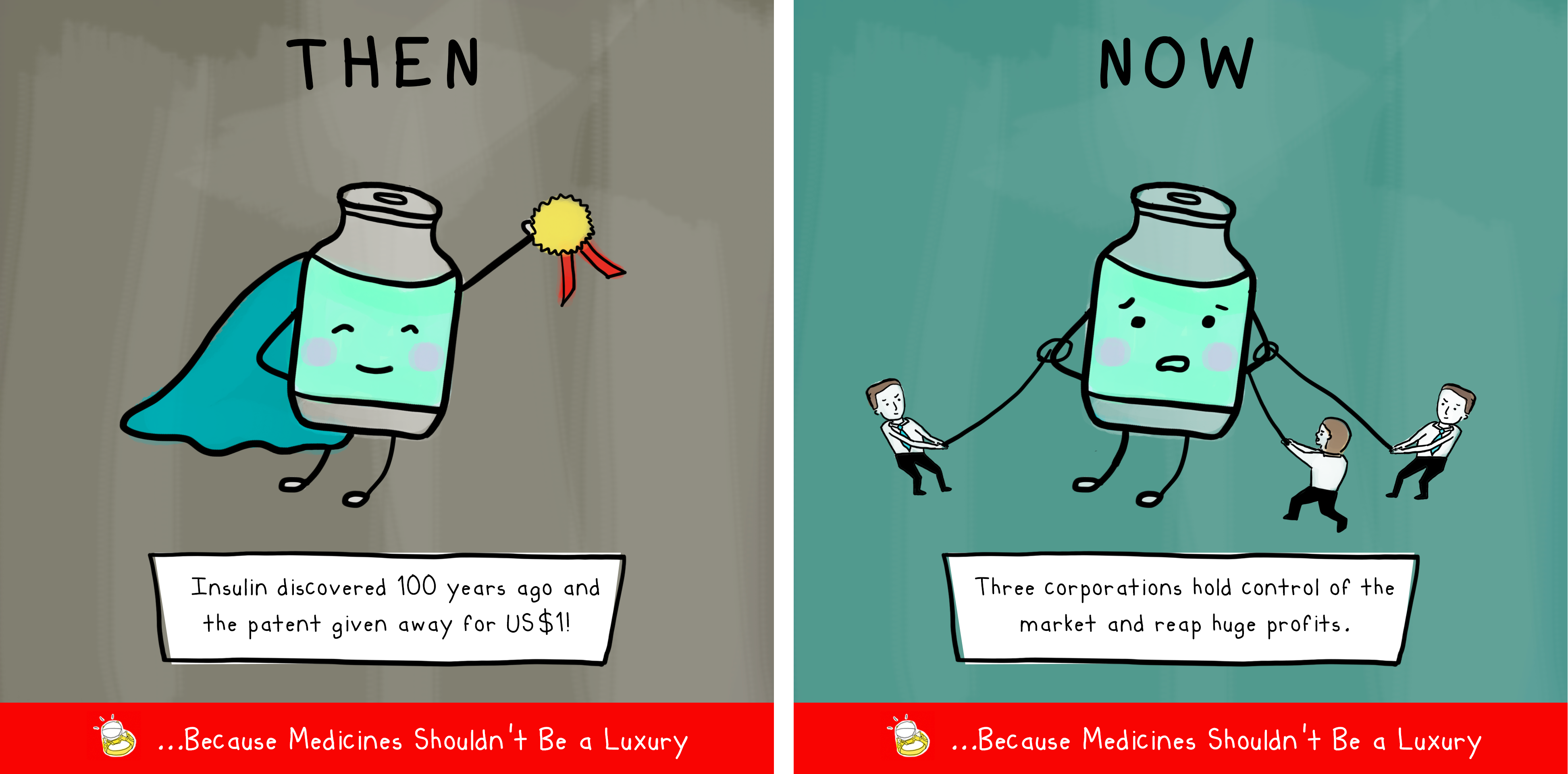
We wish
In 2020, we hope to see other manufacturers offer quality approved insulin at more affordable prices. We must also find ways for people in the communities where we work to benefit from innovations in tools to deliver insulin – such as pens, that could make a huge difference in people’s lives.
3. HIV medicines that match children’s needs
20 years ago, people in developing countries were dying of AIDS, shut out of treatment by the US$10,000 per year price tag for a single person. MSF teams were determined to overcome this injustice and resorted to all means possible to get the medicines to people.
Today, almost 25 million people with HIV are alive and well on treatment, now priced as low as $65 a year. But HIV-positive children have been left behind. There’s no commercial incentive for pharmaceutical corporations to specifically invest in paediatric treatments for HIV, because virtually the only kids with HIV live in developing countries that can’t pay high prices for medicines. So children born with HIV in the communities where we work don’t have the treatments that meet their needs.

We wish
Moving forward, we need to challenge a pharmaceutical industry that puts profits before people when it comes to choosing investments in new medicines, so that we can treat children more effectively, with combination treatments adapted specifically to their needs.
4. Affordable pneumonia vaccines for kids everywhere
A child dies of pneumonia every 39 seconds. There is an effective vaccine to prevent children contracting this dangerous and deadly illness. It used to be too expensive for children in many developing countries.
Now donors subsidise the vaccine for kids in the poorest countries. But many millions of children living in middle-income countries miss out on vaccination because their governments cannot afford the vaccine.
Middle-income countries are not considered ‘poor enough’ to receive subsidies, but they still cannot afford to buy the vaccine to protect their children, resulting in preventable deaths.
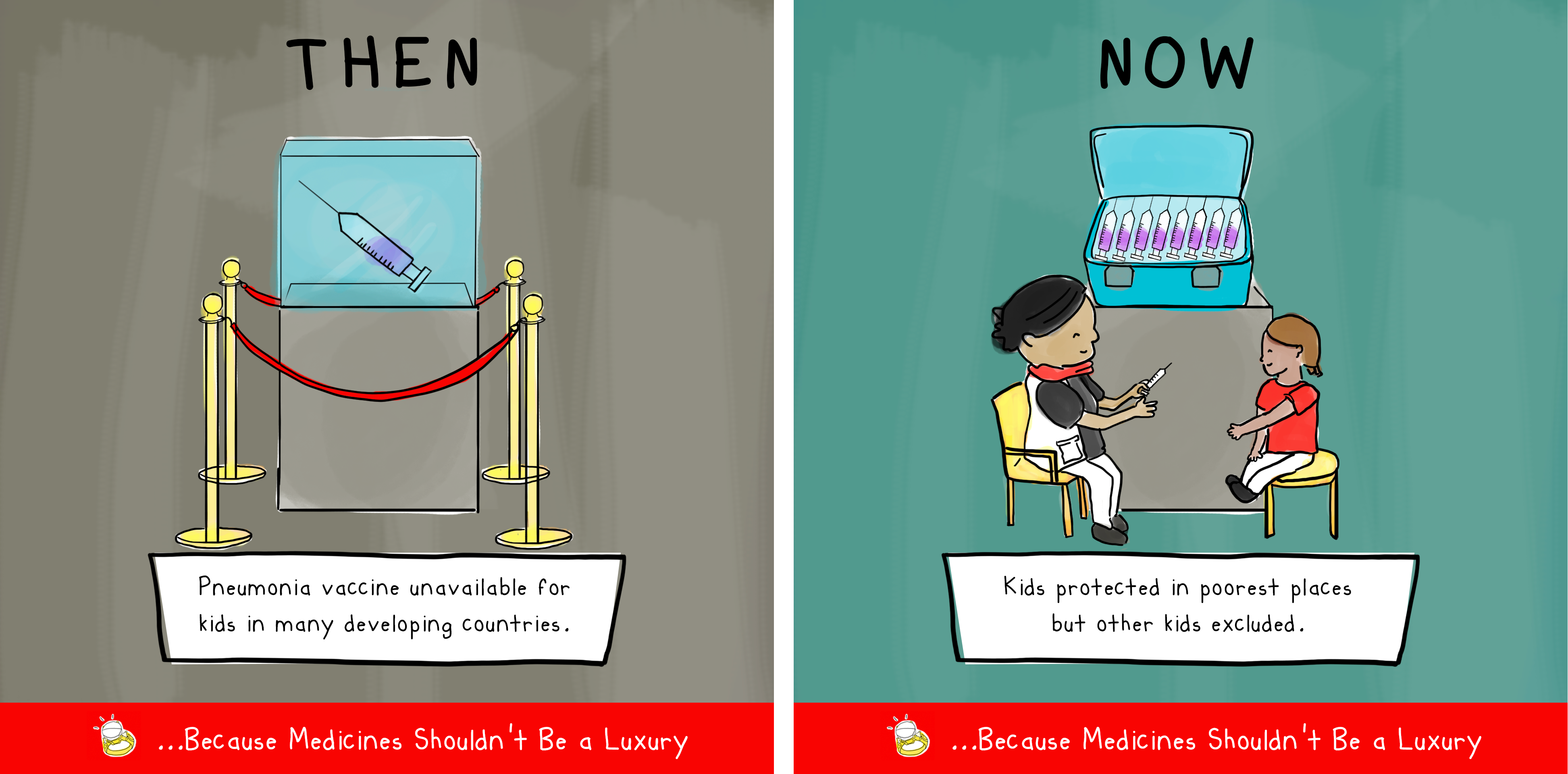
We wish
In 2020, we wish to see this terrible injustice and unnecessary suffering reversed. New vaccine producers from developing countries, who have created more affordable vaccines, must be supported to supply this vaccine to governments everywhere so more lives can be saved.
5. Ebola medicines and vaccines for people most in need
The Ebola virus has been claiming lives for 40 years or more. Yet it was ignored by drug developers as not commercially attractive, and so nothing significant was done to develop any vaccines or treatments.
The outbreak in West Africa in 2014 changed all this, because what before had been seen by rich countries as a ‘problem’ for people in parts of Africa, now took on the dimension of a global threat. This immediately galvanised the international community in to action, and today there are medicines and vaccines either already available or on the way.
As we move in to 2020, we will work tirelessly ensure that the people in need in countries most at risk get timely access to the new medicines and vaccines at an affordable price.
These products were developed through a remarkable collaborative research and development effort by multiple contributors, through a development process funded almost entirely with public funding, not private investment.
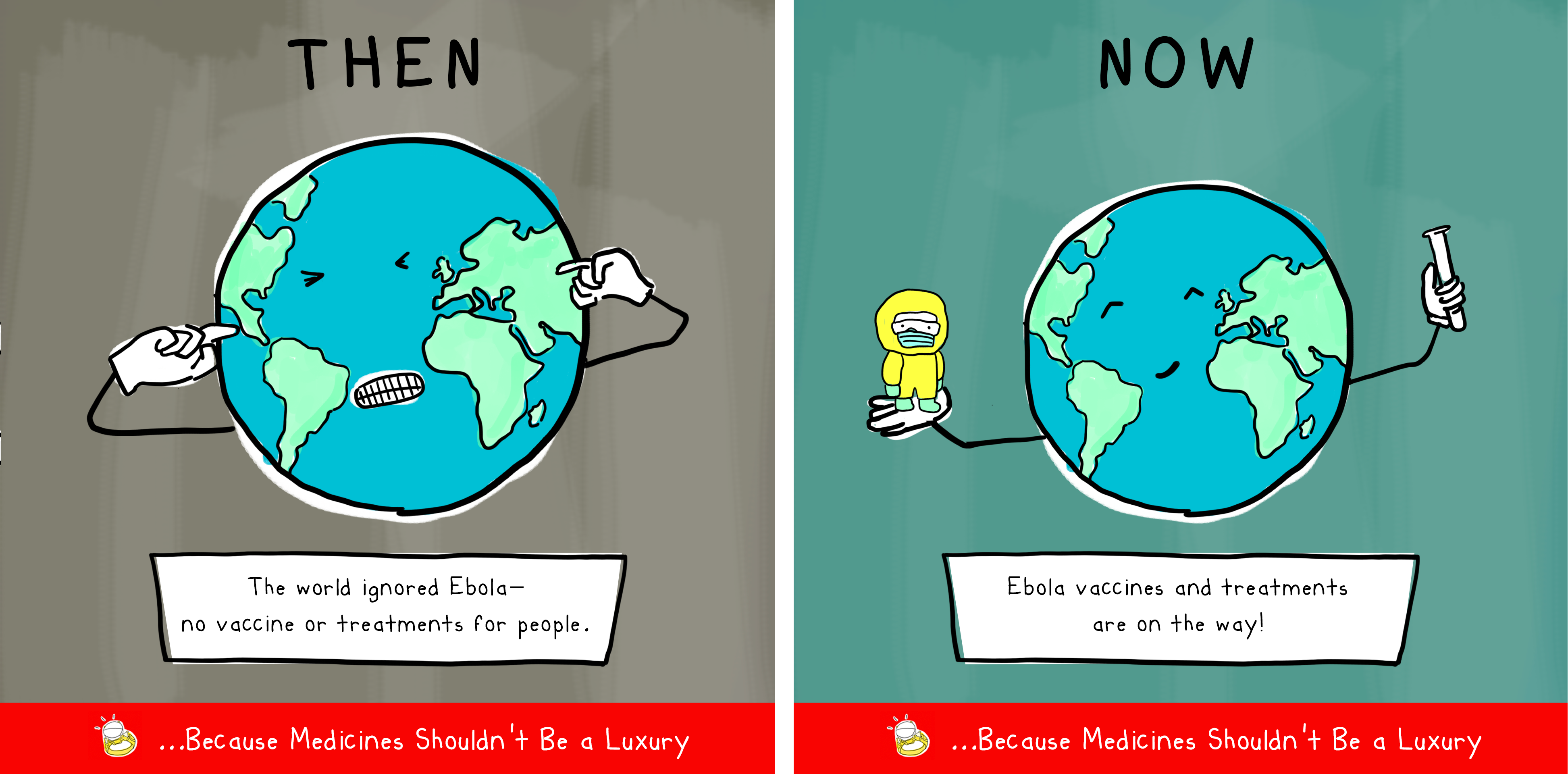
We wish
We assert our collective right to have a say in who gets access to the treatments.



![Wishlist 2020 - FUTURE [Twitter version] Wishlist 2020 - FUTURE [Twitter version]](https://img.msf.org/Docs/MSF/Media/CMS3/0/9/8/6/MSF298431.jpg)
